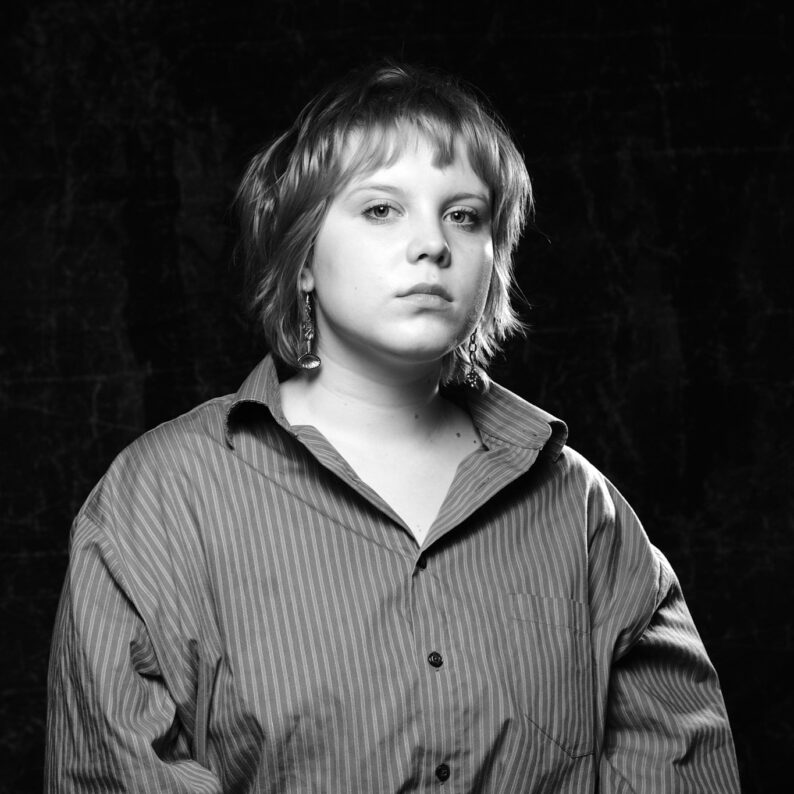


Falling ill made me fall through the net
BLOG
In this personal blog text, Vice Chair of HYY’s Board Petra Pulli tells her story of how falling ill during studies led to challenges with the benefit system.
When I was accepted to the University, I was very eager to get started on my studies. I had made it to my dream field of study and was raring to show what I could do. My studies got off to a good start: I did well on courses, made new friends and got involved in the operation of student organisations. Then, at the end of my first year, I fell ill.
Even though I was, at times, in a very bad shape, I persisted in completing my studies because I was scared of dropping out of courses and losing my student aid. Applying for sick leave unfortunately did not help me either. Even though I had a sick note, there was often no flexibility on the deadlines for course assignments or the number of absences, for instance. Especially on a field with an average attendance requirement of 90% on courses, there is not much room for absences. If you fail to complete a course, you get no credits for it. From the perspective of student aid, you are thus considered not to have studied at all.
I had to make a choice between student aid and sick leave. Considering my previous challenges related to inflexibility on courses despite having a sick note, I chose student aid. I managed to hang on until the end of my second year and only had to drop out of a few courses. During the next years, however, my struggle backfired, and my study progress slowed down to a crawl.
I had completely burned out and had to face the reality that I would not be able to get the number of credits required for student aid. I was too ill to keep up with the pace set in the curriculum. I was constantly counting the number of credits I was accumulating and fearing that I would have to pay back the student aid I had received. Should I have chosen sick leave instead of student aid after all?
Luckily, Kela considered the medical certificates I got sufficient proof for the reason behind my slow study progress and I got to keep my student aid. However, I was then faced with the same choice: Should I apply for sickness allowance? This would allow me to progress in my studies at 40% of target pace. Or should I try to continue studying while ill – maybe I could deal with it this time. However, it is possible that I would not get enough credits and would have to pay back my student aid. In my financial situation, I could not really afford that. The student aid had already been used on normal living expenses: rent, food and especially medical appointments, therapy and medicine.
Now, after alternating between sickness allowance and student aid, I am close to finishing my bachelor’s degree but have run out of months of student aid. Combining studies and work in my current state of health is impossible, and I will once again have to consider whether I can find a way to complete my studies. The alternative is to drop out of the university before completing my degree even though I am only missing a few credits. Of course, I could also apply for an extension for my student aid from Kela on the basis of my illness.
We students are ordinary, vulnerable people who go through the exact same things that working people do: we have children, get fired, lose loved ones and, like in my case, fall ill. It feels like the system does not see the person inside the student overalls. The inflexibility of the benefit system and educational institutions, along with the complexity of their processes, does not take into consideration that we have an entire life outside the higher education institution and that it is impossible for us to predict what happens in it.
Many of us fall through the cracks between different forms of aid and end up in financial distress just because the system forgets that we are only human. The fear of temporarily falling off the pace in your studies is real and adds even more pressure to a situation that is already difficult to begin with.
The financial security of us students should be guaranteed in such a way that unexpected changes in life do not endanger our studies. It should be possible to study full time on student aid. Thankfully, we have the solutions for this. This is how to correct our course and make student aid serve students better:
- The number of months of student aid is restored to 64 months
- Students receive the housing supplement during summer months too
- Regional differences in living costs are taken into account in the housing supplement of student aid
Petra Pulli
Vice chair of the Board



